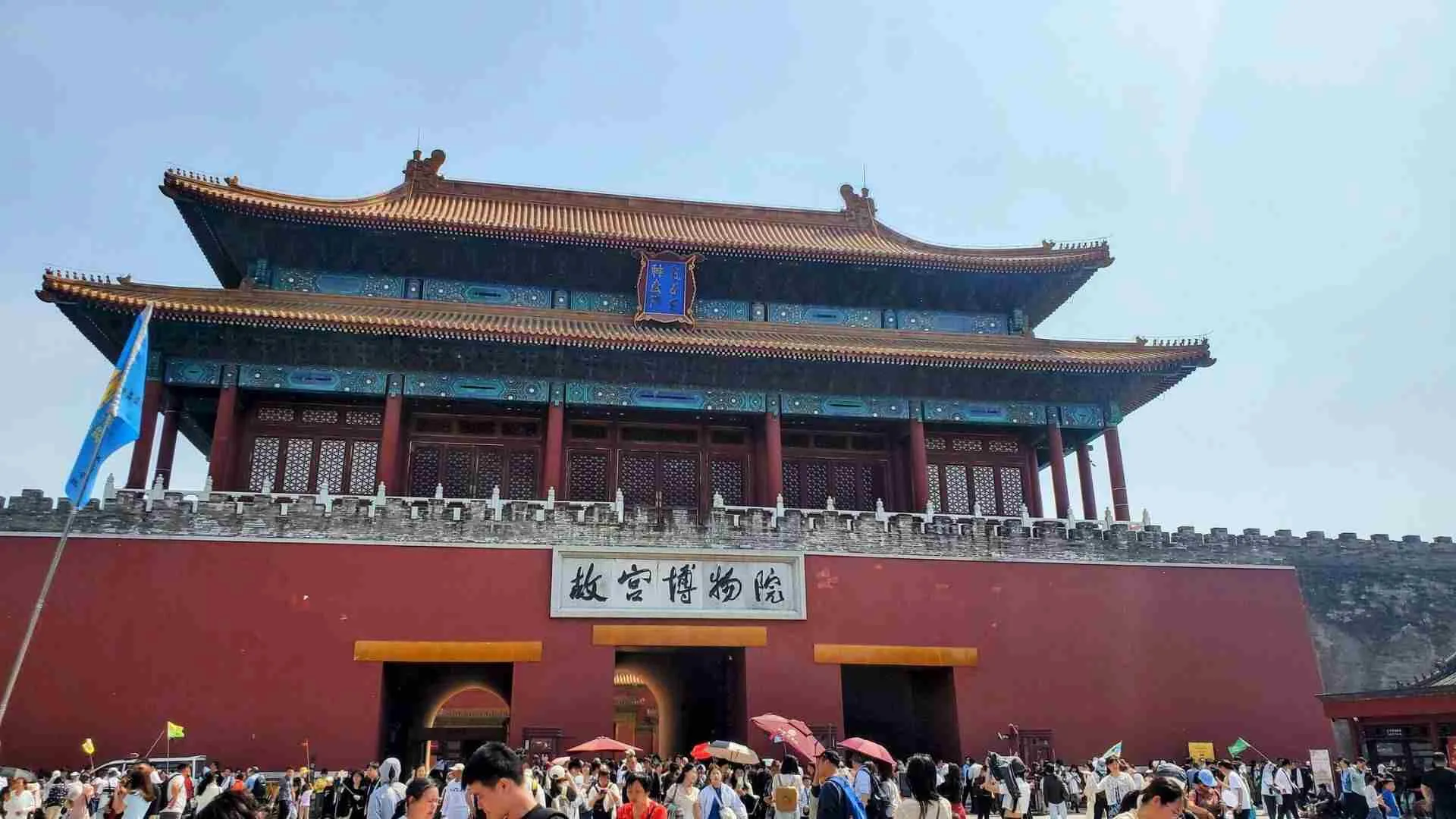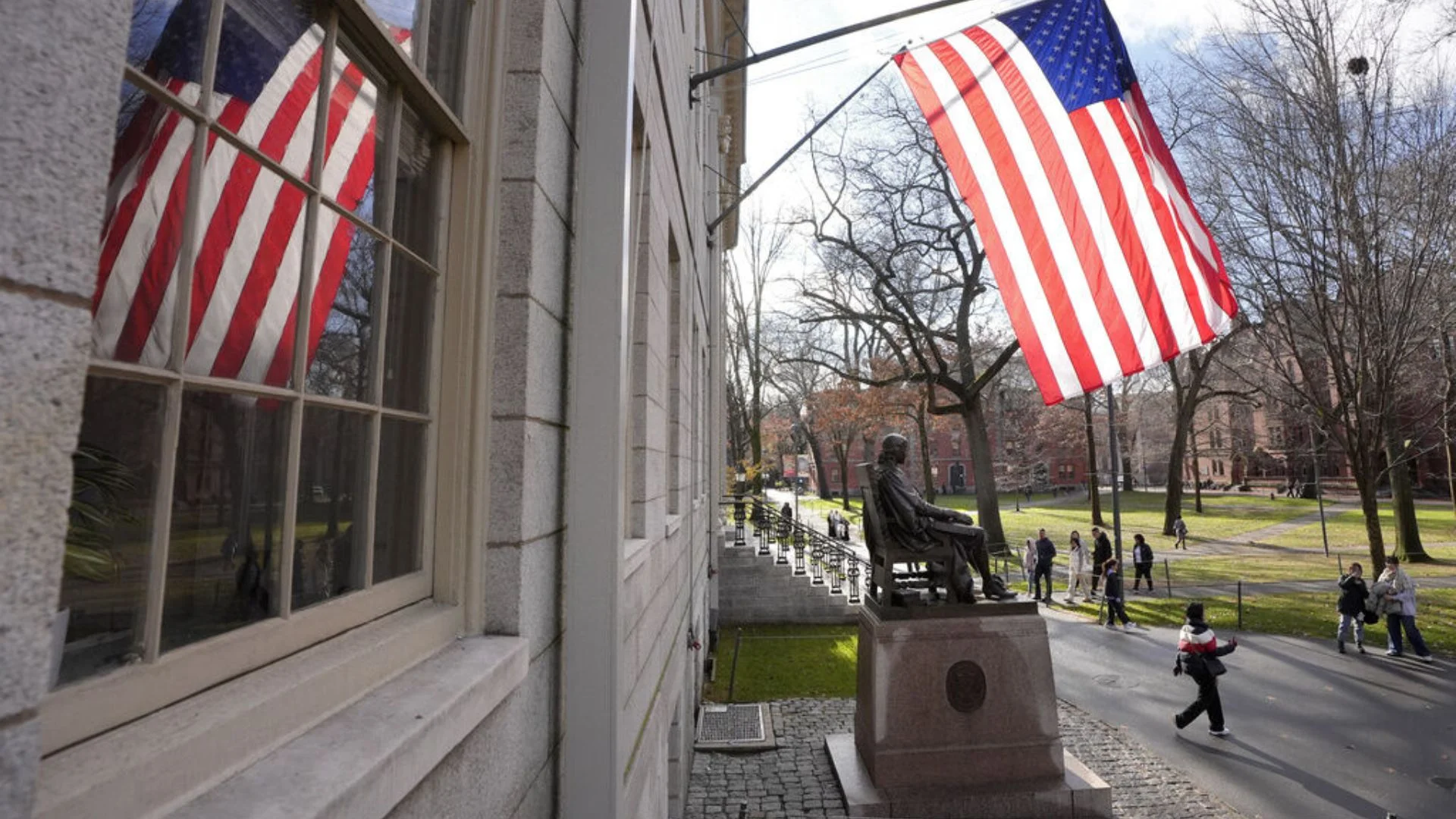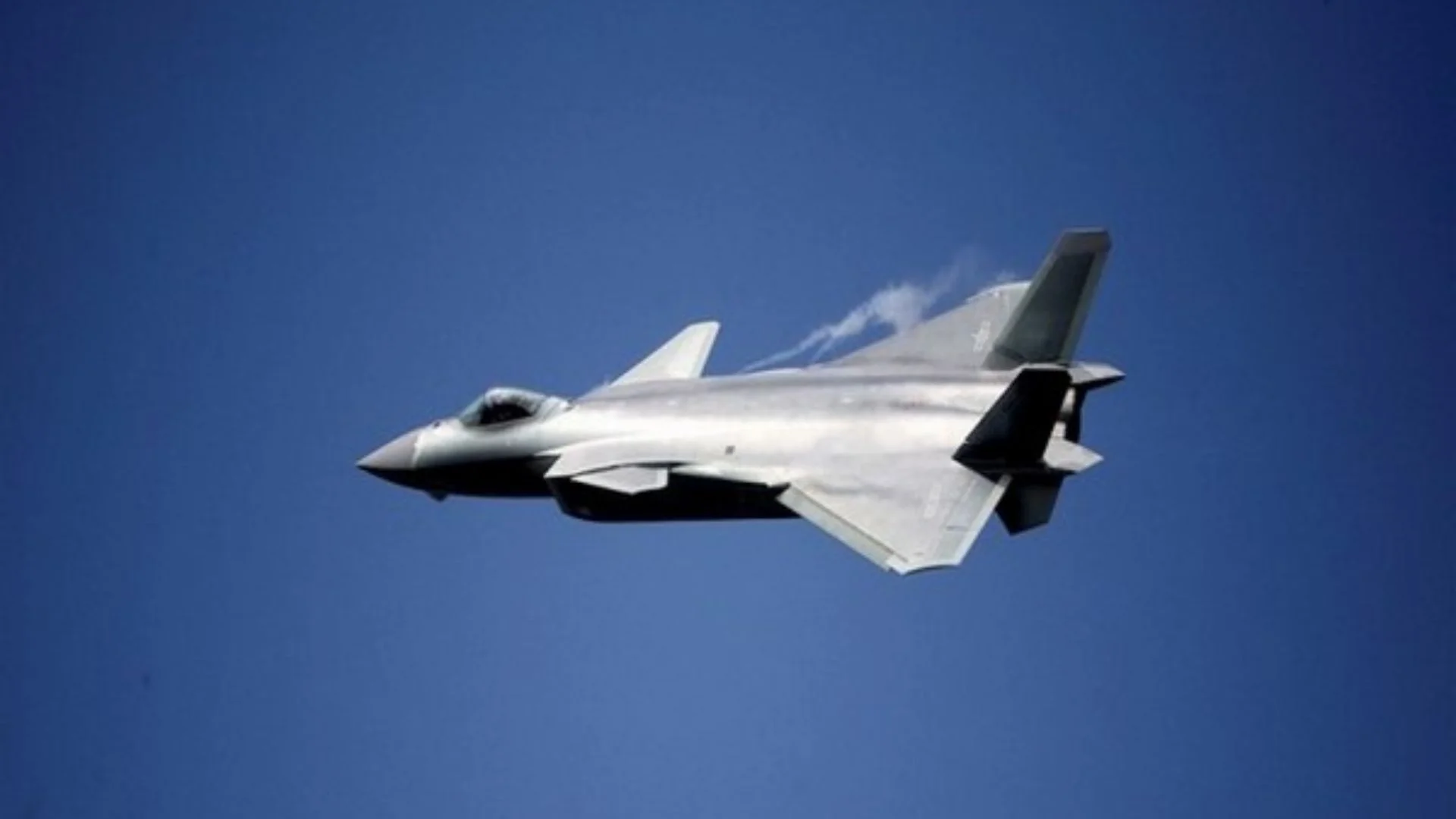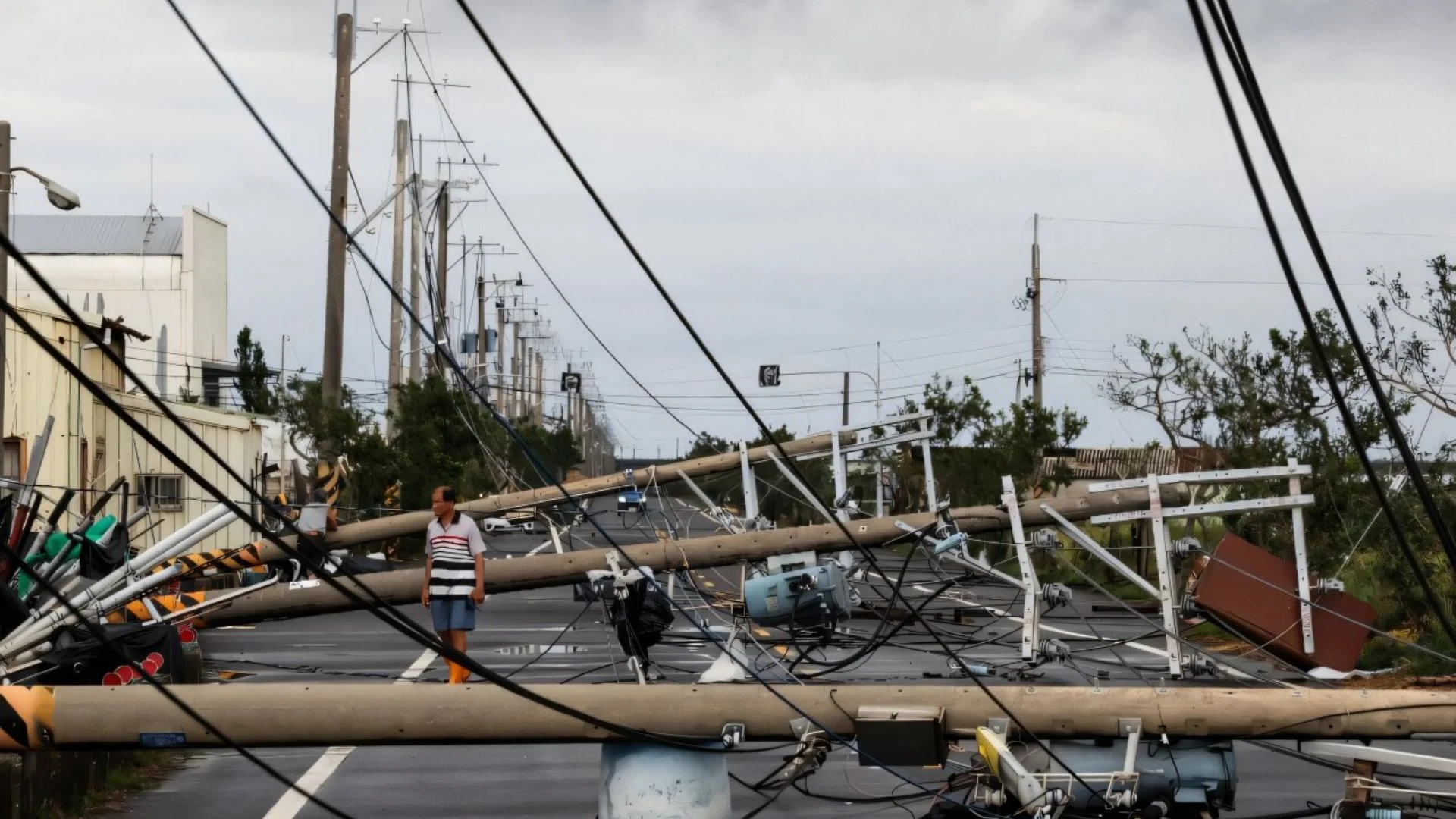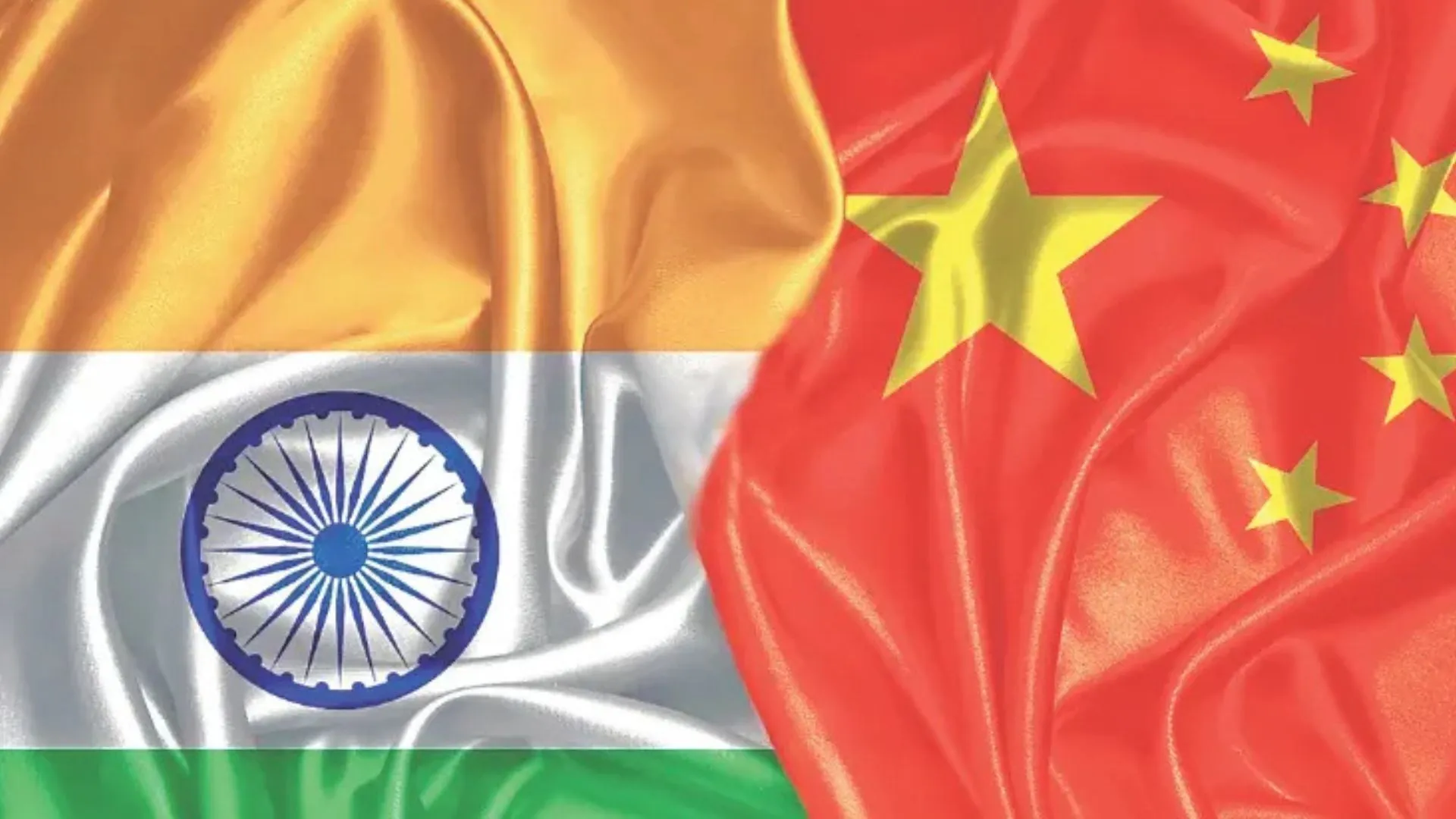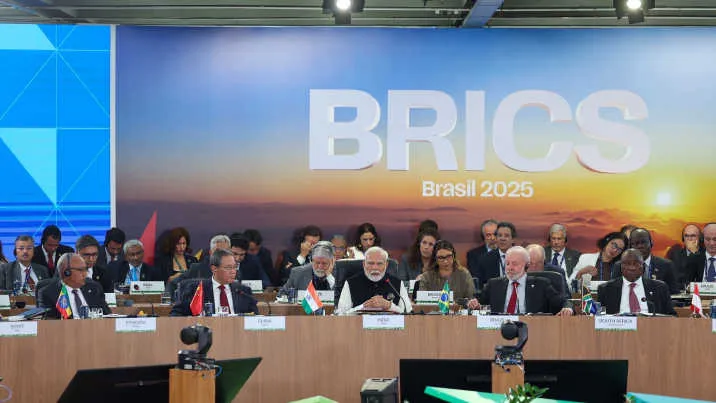In a carefully crafted mix of tourism, digital engagement, and diplomacy, China is hosting free 10-day luxury vacations for selected American social media influencers in July 2025. The program, as part of the China-Global Youth Influencer Exchange Program, aims at presenting the ‘real China’ and remaking global opinions about the nation.
The action comes against the backdrop of China’s and the United States’ constant tensions on trade, technology, and international influence. Rather than depending only on conventional diplomatic avenues, Beijing is now resorting to online influencers with millions of followers to take its message to young global audiences.
In order to qualify, influencers need to fulfill some key criteria. A news outlet for North American Chinese students, College Daily, reports that applicants need to reside in the U.S., be of good standing, and demonstrate an interest in Chinese culture. The most essential criterion: a minimum of 300,000 followers across channels such as TikTok, Instagram, YouTube, or X (formerly known as Twitter), with active engagement on multiple channels.
They will be hosted as state guests, enjoy priority visa facilitation, and visit five cities; Suzhou, Shanghai, Shenzhen, Handan, and Beijing. Throughout the journey, they will meet top firms like BYD and Xiaohongshu, attend cultural experiences such as Taichi, and go live from symbolic places like the Great Wall of China. Their content will be promoted extensively by Chinese state-controlled media.
Despite being presented as a cultural exchange, the program is seen by many analysts as an effort to soften international criticism of China, especially on issues of censorship, human rights, and aggressive foreign policies.
China has in recent years increasingly relied on soft power strategies, hiring cross-border content creators to post edited versions of life in the nation. In a 2023 paper, the Australian Strategic Policy Institute reported that more than 120 overseas influencers had previously been subsidized by Chinese officials to create favorable content.
A prime example is American streamer IShowSpeed, who attracted millions of views earlier this year by highlighting China’s technological progress and sophisticated infrastructure on his visit. His videos going viral created global curiosity and established the tone for this new trend of influencer diplomacy.
The initiative is not a single one-time affair. It is part of a larger five-year plan that is consistent with President Xi Jinping’s 2023 commitment to invite 50,000 American students to China. The long-term move seeks to deepen educational and cultural ties between the two countries, even amid increasing geopolitical tensions.
Chinese students overseas are also being encouraged, with a call for them to nominate suitable influencers from their own circles.
Though critics would say this campaign is just ‘propaganda in the garb of Instagram filters’, its proponents envision it as ‘a kind of people-to-people diplomacy that could diminish misinformation and create mutual understanding in an ever more polarized world’.

